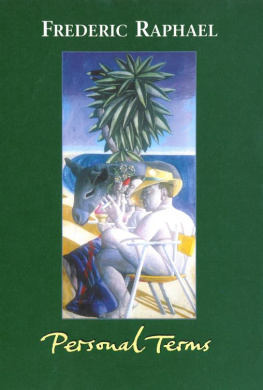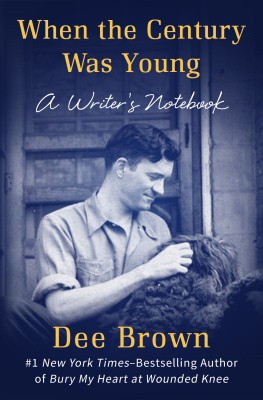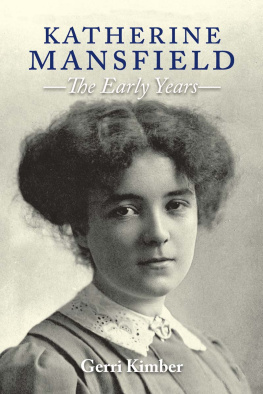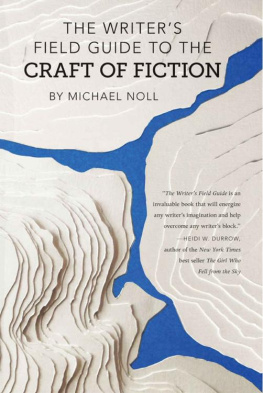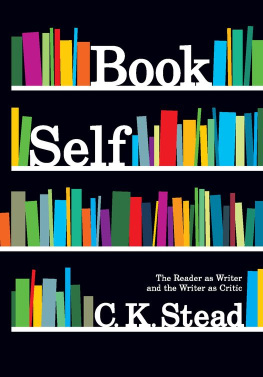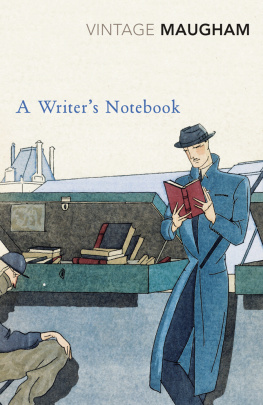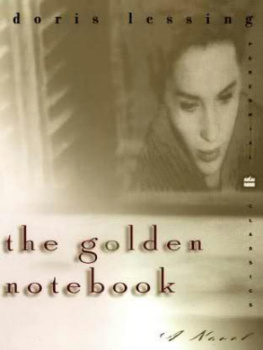CHANCE
PARTICULARS
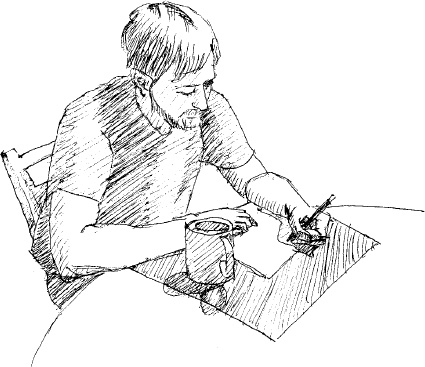
CHANCE
PARTICULARS
A Writers Field Notebook
for Travelers, Bloggers,
Essayists, Memoirists, Novelists,
Journalists, Adventurers, Naturalists,
Sketchers, and Other Note-Takers
and Recorders of Life
SARA MANSFIELD TABER
ILLUSTRATED BY MAUD TABER-THOMAS

2018 Johns Hopkins University Press
All rights reserved. Published 2018
Printed in Canada on acid-free paper
9 8 7 6 5 4 3 2 1
Johns Hopkins University Press
2715 North Charles Street
Baltimore, Maryland 21218-4363
www.press.jhu.edu
Library of Congress Cataloging-in-Publication Data
Names: Taber, Sara Mansfield, author.
Title: Chance particulars : a writers field notebook for travelers, bloggers, essayists, memoirists, novelists, journalists, adventurers, naturalists, sketchers, and other note-takers and recorders of life / Sara Mansfield Taber.
Description: Baltimore, Maryland : Johns Hopkins University Press, 2018.
Identifiers: LCCN 2017033306 | ISBN 9781421425085 (pbk. : alk. paper) | ISBN 9781421425092 (electronic) | ISBN 1421425084 (pbk. : alk. paper) | ISBN 1421425092 (electronic)
Subjects: LCSH: AuthorshipHandbooks, manuals, etc.
Classification: LCC PN147 .T31 2018 | DDC 808.02dc23
LC record available at https://lccn.loc.gov/2017033306
A catalog record for this book is available from the British Library.
Special discounts are available for bulk purchases of this book. For more information, please contact Special Sales at 410-516-6936 or specialsales@press.jhu.edu.
Johns Hopkins University Press uses environmentally friendly book materials, including recycled text paper that is composed of at least 30 percent post-consumer waste, whenever possible.
Cover and book design by Kimberly Glyder
FOR PETER, MAUD, AND FORREST AND FOR THOSE WITH A YEN TO NOTE LIFES EVENTS AND OCCURRENCES, COMMON AND UNCOMMON
Let a man get up and say, Behold, this is the truth, and instantly I perceive a sandy cat filching a piece of fish in the background. Look, you have forgotten the cat, I say. Nothing has really happened until it has been recorded.
VIRGINIA WOOLF
Transferring experience from the vat of life into the vessel of the journal is a distillation: it sieves, concentrates, and ferments. If after many seasons we develop some mastery of the process, the stuff can become as clear and fiery as brandy.
HANNAH HINCHMAN
CONTENTS
CHANCE
PARTICULAR
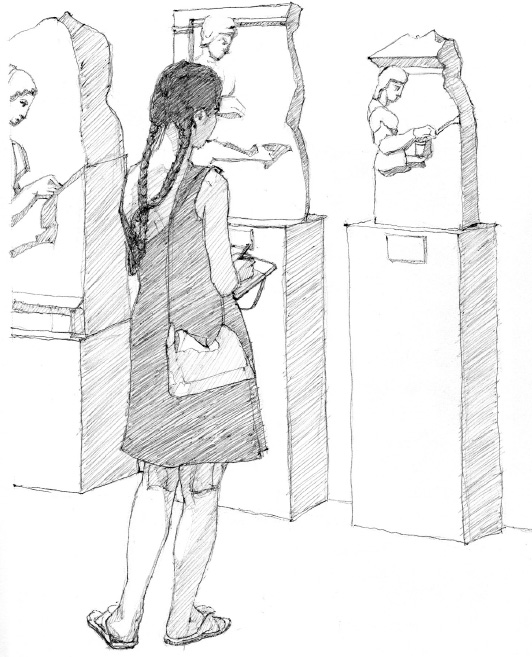
INTRODUCTION
Alastair Reid, in Whereabouts: Notes on Being a Foreigner, describes the zest of the traveler on arrival in a new country:
In a foreign country, the pattern of days is less predictableeach one has its character, and is easier to remember. So, too, the weather; and so, too, the shape and feel of newspapers, the sound of bells, the taste of beer and bread. It is all rather like waking up and not knowing who or where one is.... Quite ordinary things take on an edge; one keeps discovering oneself miraculously alive.
The goal of the writerwhether traveler, memoirist, journalist, novelist, or one who keeps a log just for himself-is to live with the keenness of the foreigner, to experience, wide-eyed, the sensations aroused and the events offered up by his peculiar surrounds and then to evoke them so brightly on the page that the reader, too, experiences the foreigners frisson: discovers him- or herself invigorated, transported to another full and miraculous life. A time-honored way this may be accomplished is through the keeping of a field notebook: through the faithful recording of the this-and-that of life; the atmospheres and incidents; the bells, the beer, the bread.
For many years I have welcomed adults into my writing seminarswonderful people writing of their travels, their explorations of cattlemen or the KGB, their childhoods, their fictional characters, their complex, rich lives. Often they arrive with bundles of journals and letters, sheaves of collected writings, and rubber-banded stacks of torn envelopes and newspaper corners scribbled with notes they want to turn into vivid memoirs, essays, travel pieces, literary journalism, or stories. Each and every person who enters my room has unique tales to tell and wisdom to impart.
The one thing they too often lack is adequate notes on the very people and places they want to write about. Their notesand consequently their writings (at least initially)have a fundamental flaw: an insufficiency of concrete and sensory detail with which to build flavorful, satisfying stories. They havent made notes at the level of precision that causes a time, place, scene, person, or emotion to quicken on the page. They lack sufficient rich description in their field notebookswhether those notebooks be index cards, computer files, paper-clipped scraps of jottings, or classic black books.
When traveling, gathering bits of the past for a memoir, assembling material for a novel or reportage, or keeping a journal or blog, it is difficult to hold in the mind the many aspects of an experience to recordthe very details that would make the experience come to life on the page. I have composed this field notebook for field notebook keepers to rectify the situationto ensure that the holder will keep a notebook so bountiful that the writing, and the essays and stories that may later come from the jottings, will fall off the page like ripe plums.
To me, the two words field notebook are among the most romantic in the language. They conjure: Charles Darwin hunching on Galpagoan rocks describing finches; Margaret Mead filling a book with the antics of Samoan girls; Virginia Woolf penning her diary after a days tramp through the downs; George Orwell huddled in a Barcelona caf reporting on the Spanish Civil War.
Muddy-boot biologists, mosquito- slapping naturalists, war reporters, diarists, novelists, voyagers, literary journalists, urban bloggers, ethnographers, and myriad other explorers and watchersI can see them all clearly in my minds eye, jotting in situ their observations of the world. What these varied scribblers all have in common is the impulse and the need to keep bright notes on lifes offeringsto keep a field notebook.
To take time in the midst of, or at the conclusion of, a long day of immersion, to set down that experience in ink in a notebook, is the writers primary and most basic method for capturing and recording the stuff of life. The proper keeping of a field notebook is key. To me, it is not only one of lifes chief joys but a sacred practice.
Besides its practical and romantic purposeto trap in print that Monarch butterfly that is life on the pagethe words field notebook also connote hard work. I know the labor well from my own anthropological and literary journalistic field researches for books on the lives of people in Argentina and France, as well as from my forays into memoir and essay. The discipline and devotion required to plunk oneself down at the end of a day of interviewing, hanging out with shepherds, observing the effects of war, or visiting friends to inscribe in ink for all time those events is not to be belittled.
The first field notebook I ever kept was for a field study of Patagonian right whales, my second for a study of Argentine sheep ranchers, and, hooked, I have kept up the practice since, for sundry other writing endeavors.
Next page

